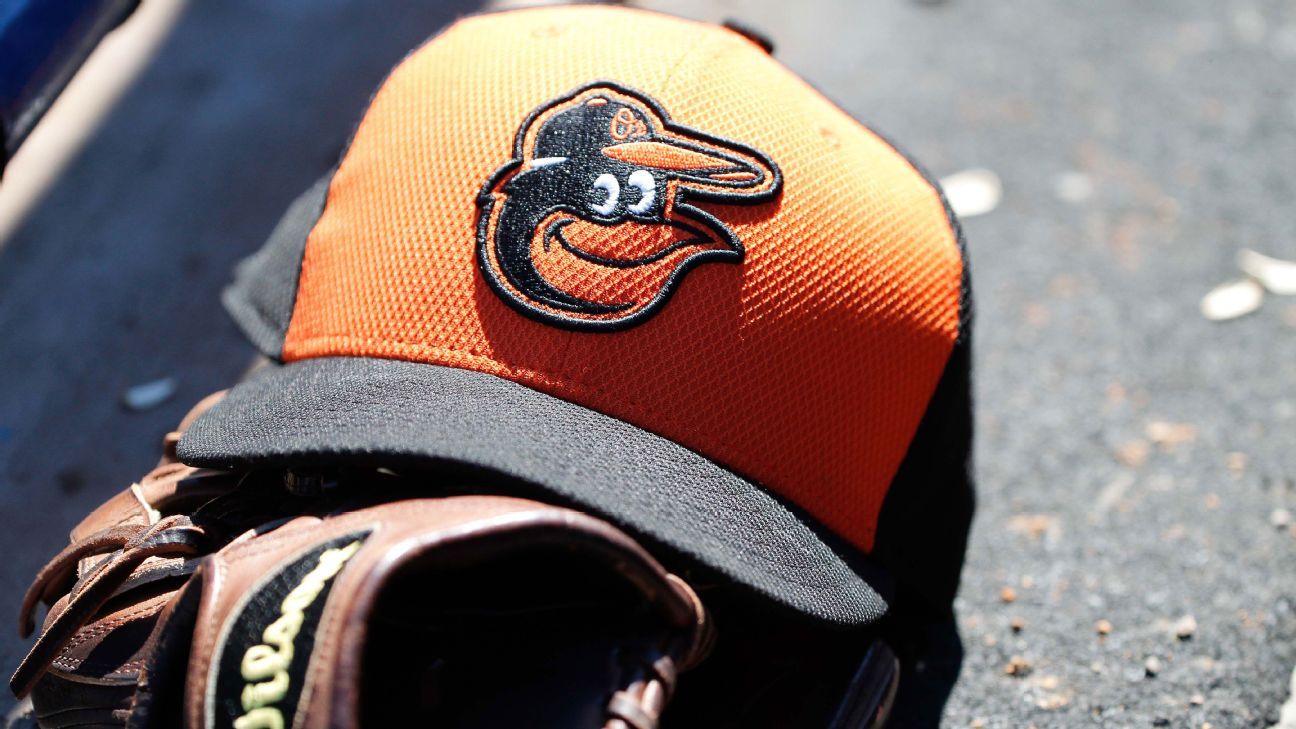
Many have declared this to be the finest Six Nations squad Scotland have ever assembled. Some reckon 2022 to be the team's best chance of a title since their last in 1999.
But will Scotland's best be good enough in the world's most unforgiving rugby championship?
Gregor Townsend has a deeper talent pool than ever at his disposal, borne out by the volume of high-calibre internationals left watching the action at home.
He has glorious, hoodoo-smashing moments from 2021 to draw upon. A first win at Twickenham since 1983; a first in Paris since 1999, when the coach himself was swaggering and scoring in the Stade de France. A record number of tries and points on the board. And yet, in the cold, hard, black-and-white endgame, his team still wound up fourth.
This is the vicious reality of the Six Nations. Margins are microscopic; errors feasted upon. So how can Scotland, and a crop of players that has promised so much, raise their game again? What must they do to take the final steps on the road to glory?
Combat the bludgeon
Scotland have never wielded a juggernaut pack capable of trading blow for bruising blow with the game's meatiest sides. Too often, Ireland have bossed them physically. South Africa pummelled them in the autumn and both France and England will bring behemoth forwards north to Murrayfield.
"The South Africa game was a bit of a slap in the face - a reality check," says Rory Lawson, the former Scotland scrum-half and captain of 31 caps.
"When teams properly physically dominate Scotland and win that territory battle, win the possession battle, it's incredibly difficult. Scotland find it hard to balance the books with regards to that physicality. That's a big area."
But how do you outbox the heavyweights in your midst when you don't have the same punching power? You start by denying them cheap yardage gains and field position to make their bulk tell.
"If you have 125kg loaded with power running at a static 110kg, usually there's only one outcome," Lawson goes on.
"The extent to which you limit opportunities for opposition to bring that into play is huge. And discipline is the biggest factor in that.
"Penalties give teams such easy metres, opportunities to get into opposition territory and squeeze the life out of them.
"Ireland are probably closest to South Africa's level of physicality and, if they are looking back at games against Scotland, they'd probably ask, 'why change a winning formula? We hammer them, make them go into their shells and leave with tails between legs'. Scotland need to find answers to that and discipline is where it starts."
Control the set-piece
Lawson is less concerned by the set-piece, given Scotland's relatively entrenched group of first-choice forwards. There have been glaring off-days - Ireland dismantled the home line-out last year and terrorised hooker George Turner, while the Springboks 'bomb squad' detonated the Scottish eight at scrum time - but, in the main, the platform set has been firm.
"The set-piece is going in the right direction," he says. "If you look at some of your big players there, [tight-head prop] Zander Fagerson has had a bit more experience from touring with the British and Irish Lions and taken a lot around what it's going to take to find that edge in the scrum.
"The hooker position is competitive. Jonny Gray is back fit - a big, physical lump, likely alongside Scott Cummings in the second-row. Pierre Schoeman is playing well at loose-head prop and Rory Sutherland is back from injury.
"The back-row will be Jamie Ritchie, Hamish Watson, Matt Fagerson. You've got a settled pack and one that won't fear any others around the set-piece. You've got a foundation there."
Thrive in the 'red zone'
The 'red zone' isn't actually a formal term. You won't find it anywhere in the lawbook. It's rugby jargon for attacking in your opponent's 22 and it's an area where Scotland must be ruthless.
Take last year's game against Wales, for example. Scotland had more than seven-and-a-half minutes of possession in the Welsh red zone and scored three tries. Wales had six minutes fewer in the Scottish 22 and scored four. Scotland had two points per 22 entry; Wales managed four. Scotland lost by a solitary point.
"Being clinical in the red zone offers you the opportunity to continue moving the scoreboard in big games," Lawson says.
"You stay in contests, or you pull away. Scotland have been on the wrong end of results when they've not got that bit right."
Smart kicking can propel you into the red zone, particularly with the 50-22 law introduced this season. Caveats exist, but in simple terms, bounce a kick from inside your own half into touch in the opposition 22 and you get to throw in at the line-out.
"From 30m from your try-line up to halfway, especially from set-piece, there is an opportunity for 50-22s," Lawson says.
"And because most teams are having to defend with a couple of people back now [to cover 50-22 kicks], Scotland and their expansive game can come to the fore. If they're accurate there, they'll create opportunities against every opposition.
"There's a balance between the kicking game, and stressing back-three players, and the running game Scotland have shown has developed a lot in the past 18 months."
Learn from the Lions
Scotland enjoyed their heftiest contingent of British and Irish Lions for 32 years on last summer's tour of South Africa. Townsend went as attack coach. Defence specialist Steve Tandy was another of Warren Gatland's deputies and lead performance analyst Gav Vaughan was a key member of the backroom staff too.
Townsend, Tandy and Vaughan have now worked with the cream of their English, Irish and Welsh rivals. Though the reverse is also true, Scotland's players will have gained valuable insights into how their championship opponents function.
"That will be something Gregor will be drawing on significantly," Lawson says.
"At the very top end, when you've got two top-quality teams going toe-to-toe, these incremental wins that compound over a game can make a 15-point win look like a battering when actually it's just a few small things one team has done better.
"In seven weeks on tour, you get to see how these other elite sportsmen are operating on and off the field, where they find their edge and where you may have a little superiority over them.
"You can get into their psyche a little more, know them better as people. That gives you the opportunity to find tiny advantages.
"It's a very different landscape from what it was during my playing days and probably for a couple of decades. In those days, it was almost, not blind optimism, but you knew you had to get an awful lot right and you might have to rely on another team not having their best day.
"The huge difference now is there's a confidence and acknowledgement that, if Scotland get things right, they're going to be in the hunt."
You can listen to the Scottish Rugby Podcast on BBC Sounds and the Rugby Breakfast Show on Radio Scotland and the BBC Sport website and app at 10:00 GMT on Saturday.















 Phone: (800) 737. 6040
Phone: (800) 737. 6040 Fax: (800) 825 5558
Fax: (800) 825 5558 Website:
Website:  Email:
Email: 






